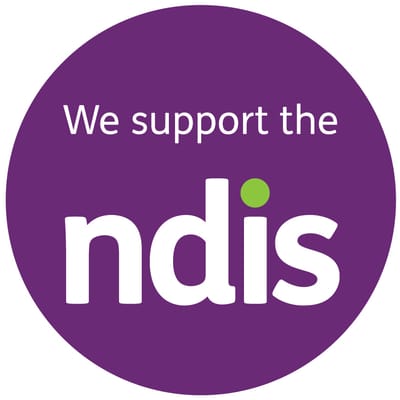SIL FUNDING

The funding for SIL is allocated to participants who have been assessed as requiring this level of support by an NDIS planner. The amount of funding provided is based on the level of support needed by the individual, and is intended to cover the cost of the support workers who provide the necessary assistance.
SIL funding can be used to cover a range of support services, including help with personal care, household chores, and social and community participation. It can also be used to cover the costs associated with setting up and maintaining a shared living arrangement, such as rent, utilities, and other household expenses.
One of the key benefits of SIL funding is that it allows people with a disability to live in a supportive and inclusive environment, where they can develop new skills, build relationships, and participate in a range of social and community activities. This can help to improve their overall quality of life, and provide them with opportunities to achieve their personal goals.
In order to access SIL funding, participants must have an approved NDIS plan that includes funding for this level of support. The plan will outline the amount of funding available, as well as the specific support services that can be covered by the funding.
Overall, SIL funding is an important component of the NDIS, providing vital support to people with a disability to live as independently as possible. By providing funding for shared living arrangements and individualised support services, the NDIS is helping to create more inclusive communities and better quality of life for people with a disability.
Three tips you must know about your SIL Funding!
Understanding SIL Funding: What it Covers and What it Doesn't
Choose The Right Support Provider

Choice Support Tasmania is a leading provider of disability support services in Tasmania, with a strong commitment to delivering the best possible support to individuals living with disabilities. Our experienced and trained support workers are dedicated to providing personalized care to each participant, working closely with their families to ensure that their needs are met in a compassionate and professional manner.
As one of the largest NDIS registered providers in Tasmania, Choice Support Tasmania offers a comprehensive range of services, including assistance with daily living, personal care, community participation, and social support. Our team of support workers are passionate about helping participants to achieve their goals and maximize their life opportunities, and are committed to delivering high-quality, sustainable and flexible services that are tailored to meet the individual needs of each participant.
At Choice Support Tasmania, we believe that having passionate, caring and reliable support workers is essential to achieving excellent outcomes for participants. We understand that living with a disability can be challenging, and our goal is to provide participants with the support they need to live a full and meaningful life. By working closely with participants and their families, we are able to develop personalized support plans that address their unique needs and help them to achieve their goals.
Our vision is to provide and deliver the best possible support tailored to each individual participant's needs. We believe that every person has the right to live the life they choose, and we are committed to empowering participants to make their own choices and live their lives to the fullest.
In conclusion, if you are looking for a reliable and compassionate disability support service provider in Tasmania, look no further than Choice Support Tasmania. Our team of experienced and trained support workers are committed to delivering personalized care and support that is tailored to meet the unique needs of each participant, helping them to achieve their goals and live the life they choose.
As one of the largest NDIS registered providers in Tasmania, Choice Support Tasmania offers a comprehensive range of services, including assistance with daily living, personal care, community participation, and social support. Our team of support workers are passionate about helping participants to achieve their goals and maximize their life opportunities, and are committed to delivering high-quality, sustainable and flexible services that are tailored to meet the individual needs of each participant.
At Choice Support Tasmania, we believe that having passionate, caring and reliable support workers is essential to achieving excellent outcomes for participants. We understand that living with a disability can be challenging, and our goal is to provide participants with the support they need to live a full and meaningful life. By working closely with participants and their families, we are able to develop personalized support plans that address their unique needs and help them to achieve their goals.
Our vision is to provide and deliver the best possible support tailored to each individual participant's needs. We believe that every person has the right to live the life they choose, and we are committed to empowering participants to make their own choices and live their lives to the fullest.
In conclusion, if you are looking for a reliable and compassionate disability support service provider in Tasmania, look no further than Choice Support Tasmania. Our team of experienced and trained support workers are committed to delivering personalized care and support that is tailored to meet the unique needs of each participant, helping them to achieve their goals and live the life they choose.
Contact Us
- 447 Main Road, Glenorchy TAS, Australia
- Head Office
- +61-03 6169 2588
- hello@choicesupporttasmania.com.au
- Mon-Fri 9am - 5pm


